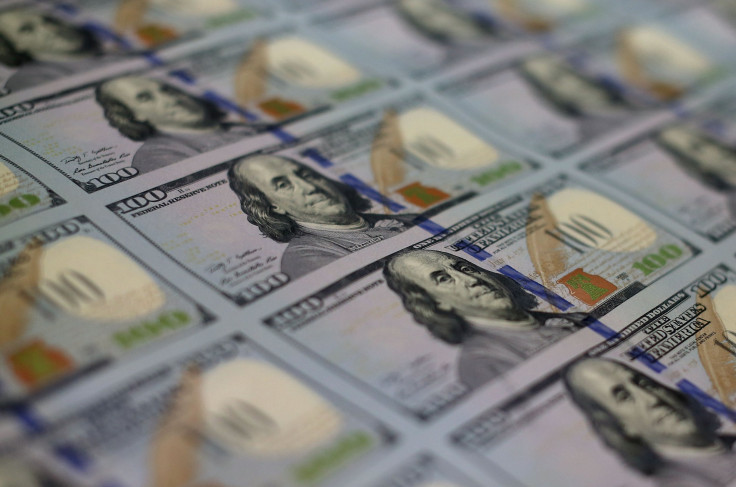Corporate Cash Hoard Reaches $1.7 Trillion, Mostly In Tech

Corporate America is bulging with cash. Nonfinancial businesses in the U.S. currently hold $1.7 trillion in cash or marketable securities, more than a third of it in the hands of just five companies, according to a Moody’s Investors Service report released Friday.
Apple, Cisco, Microsoft, Oracle and Google’s parent company, Alphabet, accounted for $504 billion between them. Apple alone has $216 billion, more than the aggregate total for eight of the 10 sectors of the corporate world.
The total sets a new record for cash and cash-like holdings in U.S. companies, though it represents a slower pace of gains than previous years. The cash pile grew at 1.8 percent over 2015, reflecting a dip in profit margins toward the end of 2015, as well as a continued pace of returning cash to shareholders. Companies in the S&P 500 paid out nearly $1 trillion in stock buybacks and dividends.
But it’s not frugality that accounts for the rising cash stash.
Because U.S. law requires companies to pay taxes on profits earned abroad, much of the cash is booked overseas. Those taxes can be deferred indefinitely if the cash stays abroad — though in fact much of it is invested here. Apple’s most recent filings show that more than 90 percent of the company’s money is technically located outside U.S. borders.
Some in the business community have pushed for legislation allowing companies to bring the cash home at a discount rate, but no bill is forthcoming.
“At this stage in the political cycle and given strong differences on both sides of the aisle in Washington, we do not expect tax law reform that would prompt overseas cash repatriation,” corporate financial analyst Richard Lane said.
The cash phenomenon — which coincides with sharply growing indebtedness of U.S. companies — also reflects trepidation on the part of corporate executives to invest in organic growth, whether through research and development or buying new plant equipment.
Capital spending fell 3 percent to $885 billion, the first decline since the recession.
Earlier this month, hedge fund luminary Stanley Druckenmiller lamented the fact that business investment has fallen while cash hoards and shareholder payouts have grown. “You can only live on your seed corn so long,” he said.
© Copyright IBTimes 2025. All rights reserved.




















